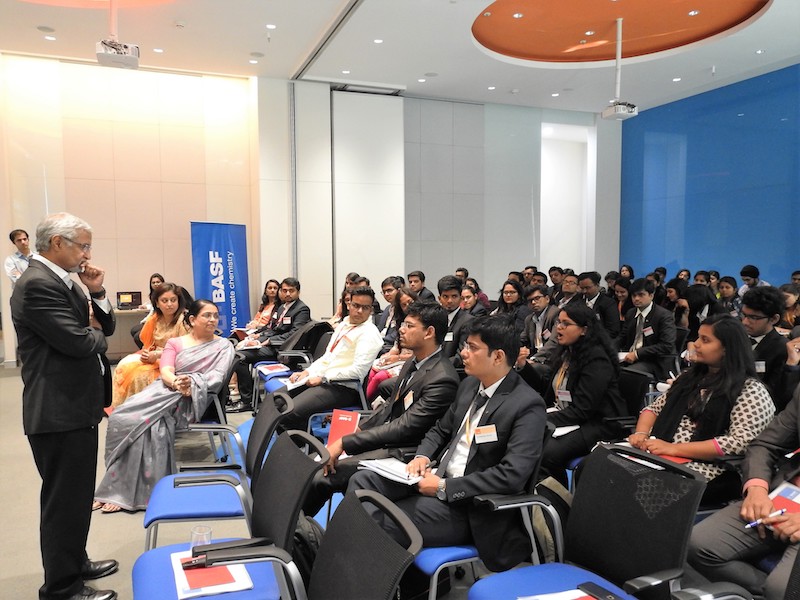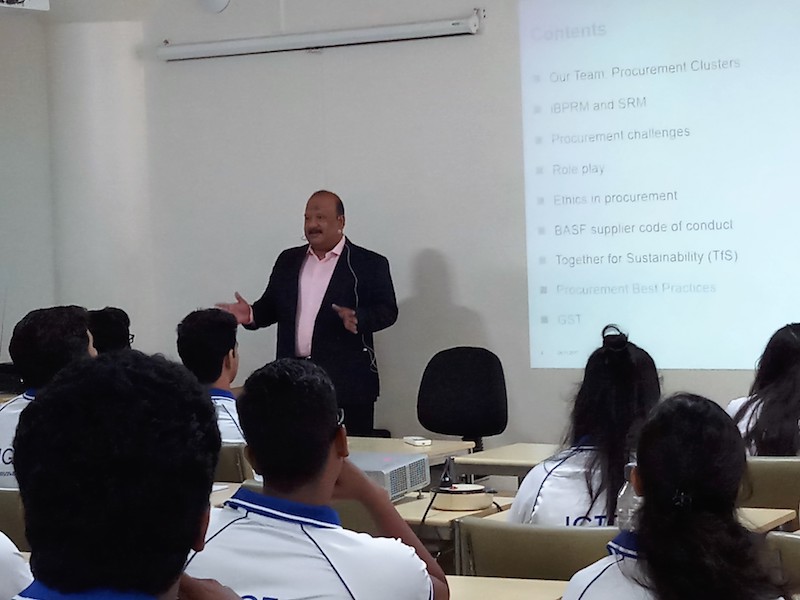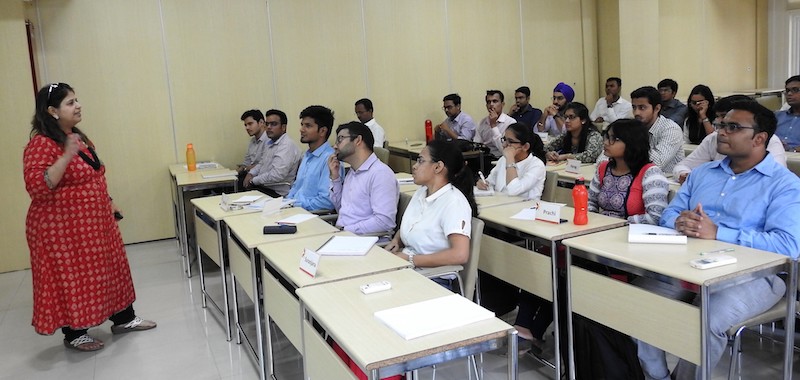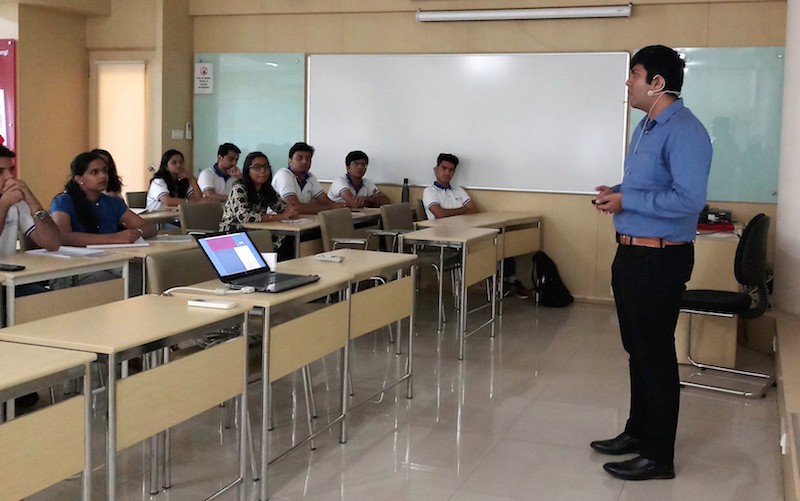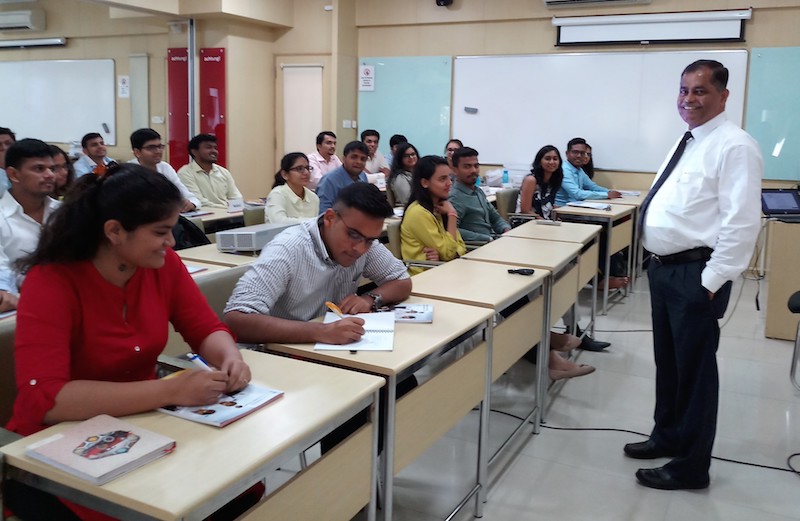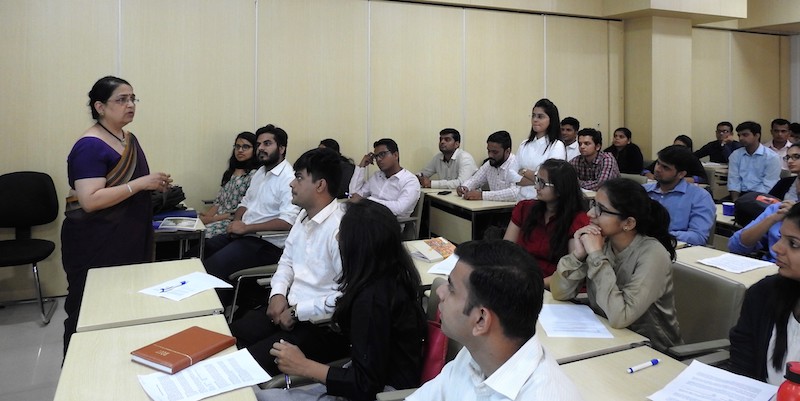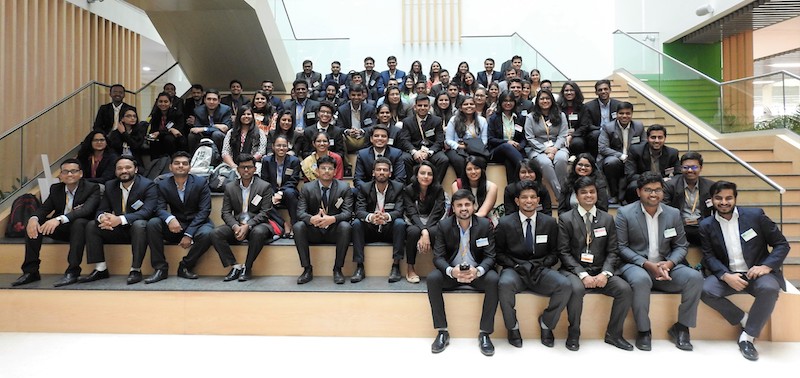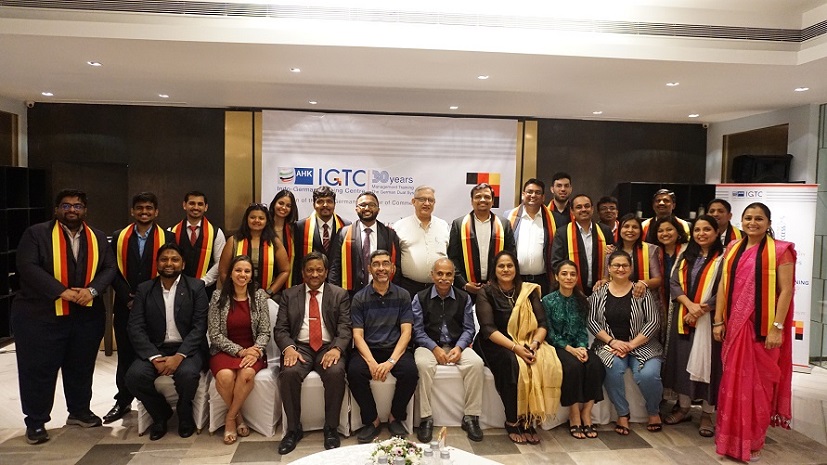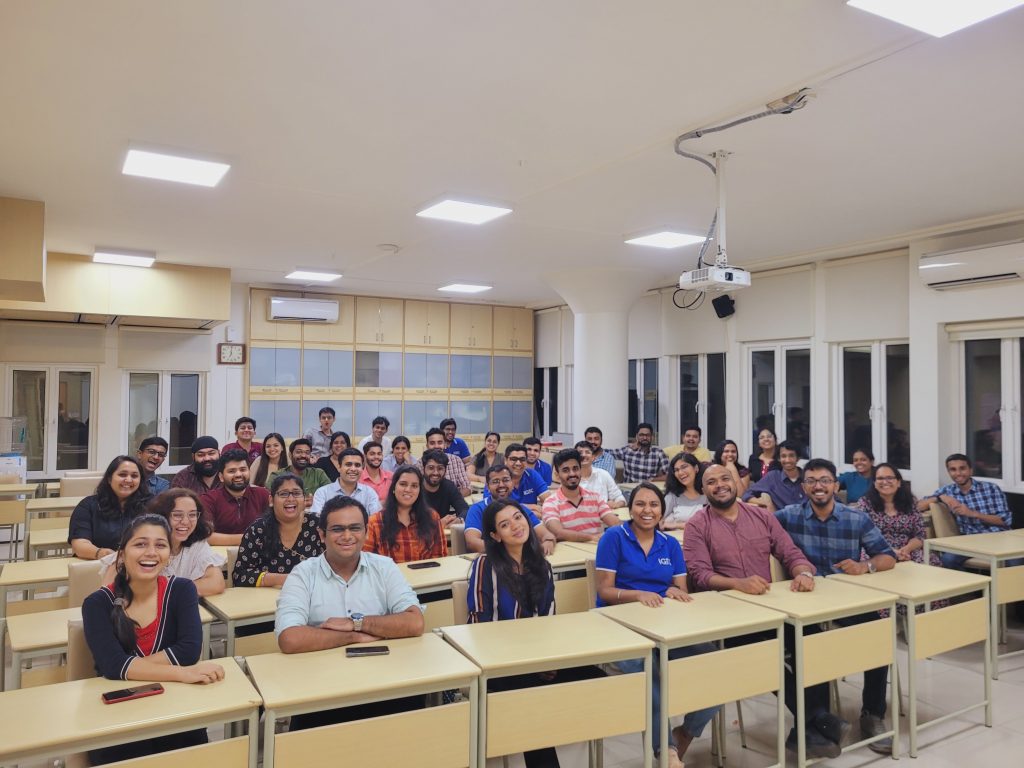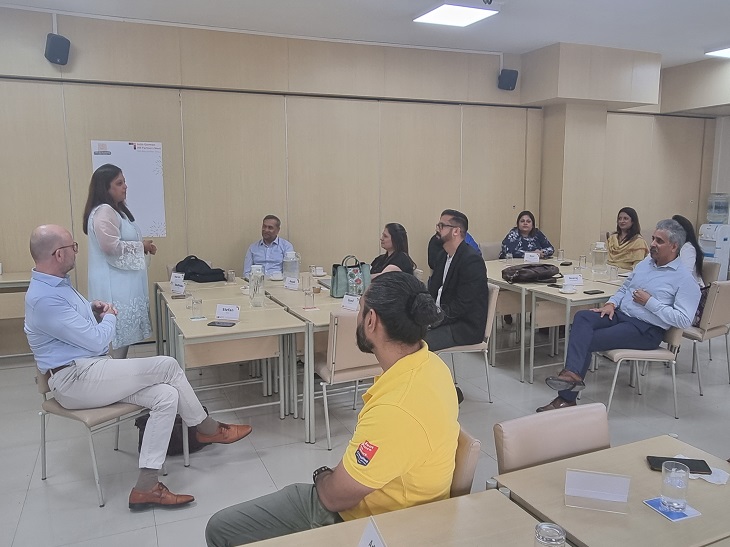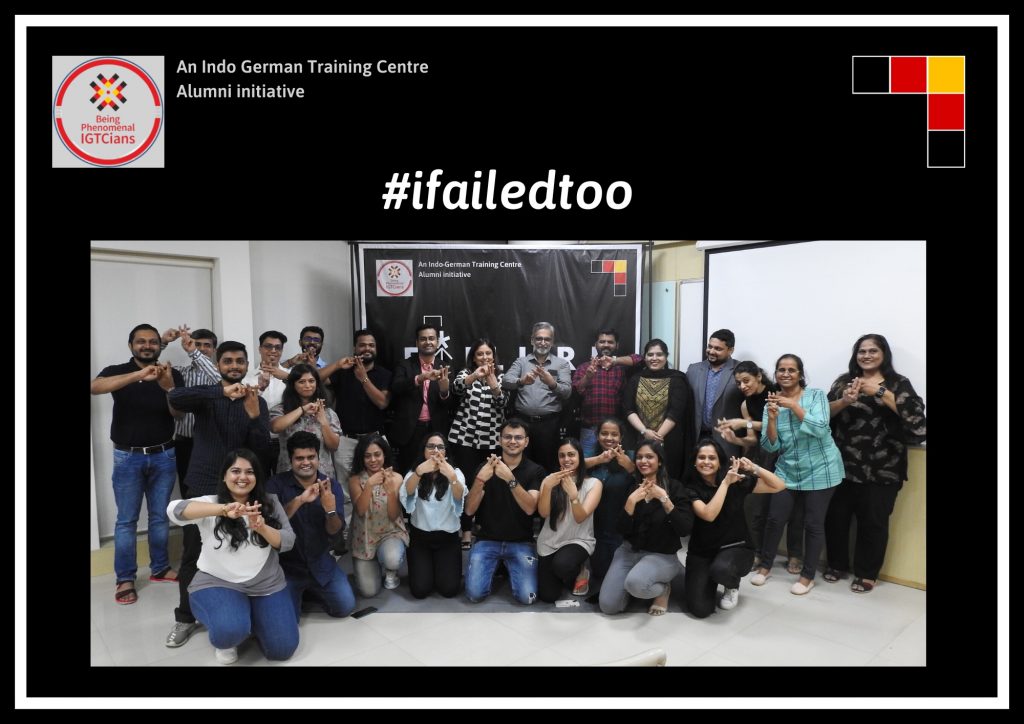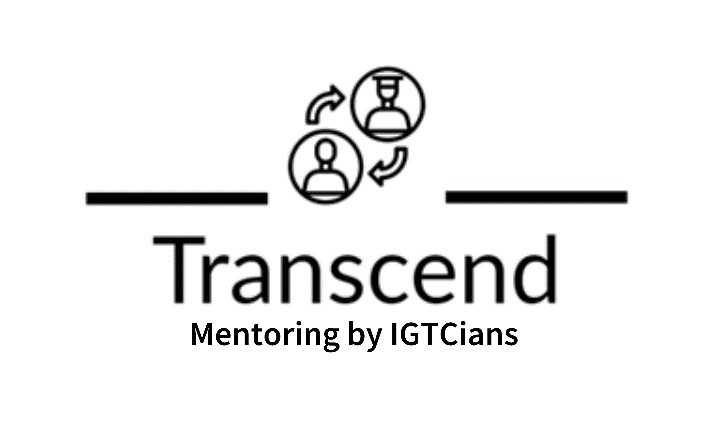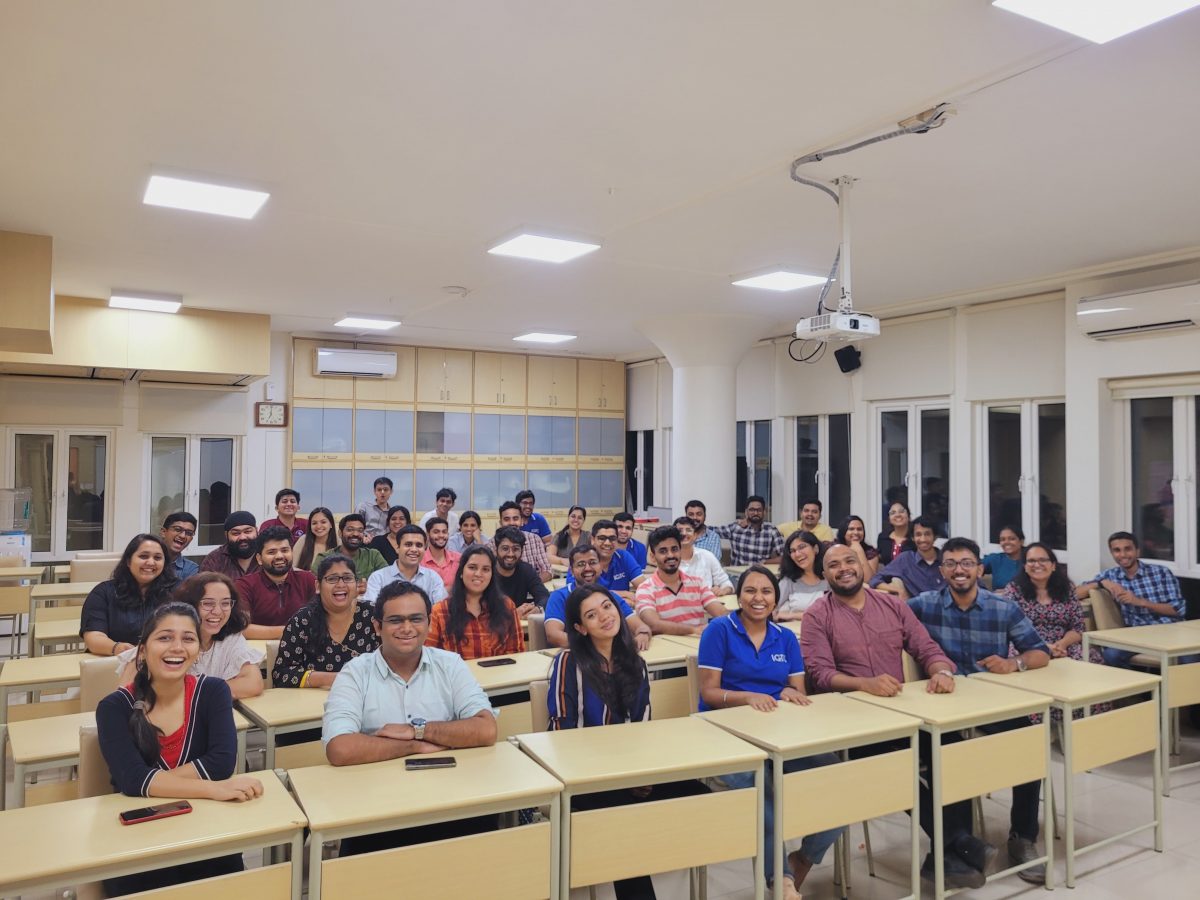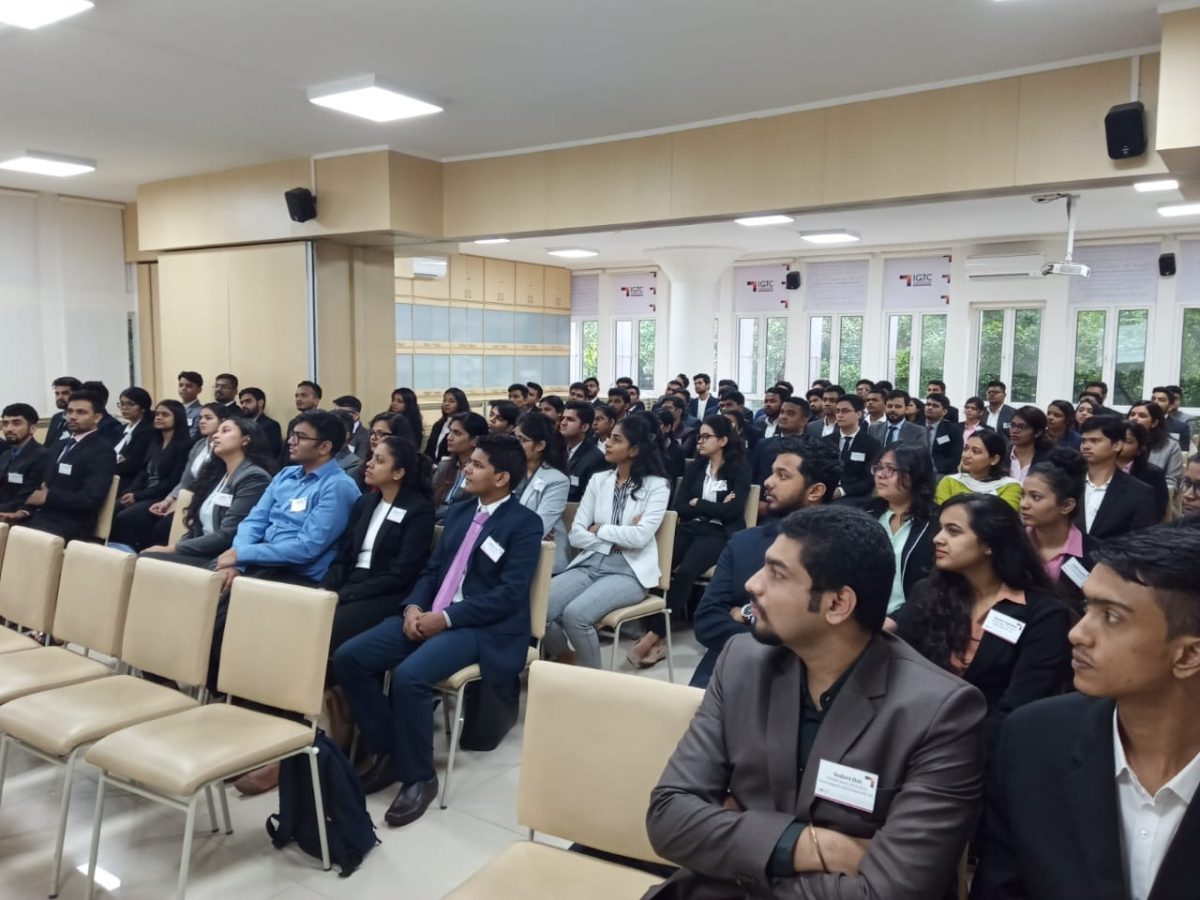BASF Corporate Governance and Business Ethics Seminar Series
“Ethics cannot be compromised in any situation”
With innovation as the key to everything, it is only natural that BASF strives to better their best each year. Hence, the 7th BASF Corporate Governance and Business Ethics Seminar Series for the IGTC PGPBA Batch 2016 – 2018 was inaugurated in exceptional style at the BASF Innovation Campus, Turbhe.
The entire class of young IGTCians were welcomed warmly and given a detailed orientation to BASF as a Chemical Company by the senior HR Partners and the existing GROW trainees at BASF. This was followed by a tour of the BASF Innovation campus, wherein the students got the opportunity to see testing labs and the various state-of-the art equipment used. The hosts left no stone unturned to treat the students to a scrumptious terrace-top lunch.
Post lunch, Dr. Raman Ramachandra, Head South Asia, Chairman & Managing Director, BASF India, officially commenced the Corporate Governance and Business Ethics Seminar Series by giving an enthralling lecture on how ‘Values create values’ in a corporate setup and the importance of values and ethics in an organisation. Some of the key learnings from his session were as follows:
- Ethics cannot be compromised in any situation.
- Company’s sustainability not only depends on profitability but also its people and environment.
- Company’s values and ethics should be made a part of the entire value chain.
- Awareness about the whistle blower policy and the various other channels that one can approach anonymously to report unethical practices in an organization.
- Importance of the enquiry that the company undertakes to ensure that an innocent person always gets justice.
- The management should Walk the Talk.
The launch day ended with the students being put through some thought-provoking moments. What happens when values and ethics are lost? What happens when values and ethics are adhered to? They had to write an essay with some real life examples on these two questions.
Over the following weeks, the seminar series continued with speakers from the top management of BASF across its various departments such as Procurement, Human Resources, Finance, Legal, and Corporate Affairs, who imparted knowledge to the PGPBA Batch through interactive lectures at IGTC. Every session was unique in it own way as the speakers shared their work experience and examples through case study, TEDx videos and role plays.
The “Inside Job” depicted the fact that how the biggest of the institutions fall victim to doing things in unethical way for monetary benefits. The TEDx video by Prof. Clayton Christensen introduced the class that an individual must not use monetary and social parameters for measuring success. It also taught us the importance of overcoming instant gratification and how integrity helps in making the decision between what is right and what is easy. The clipping from the movie “Talwar” explained the importance of ethics and how money and morals play a vital role in the corporate world.
The series had immense key learnings, some of which are captured below:
- Marketing and Corporate Affairs teams should establish consistent messaging in their communications and pinpoint a common goal to create credibility for their organization.
- It is extremely important to take into consideration not only our own intuition, but also the intuition of the opposite person.
- Treating employees ethically can garner long-term employee trust and loyalty, which conveys a range of distinct benefits to employers.
- The structured consolidation of The Companies Act, 2013 emphasized why companies need to be more compliant today, especially with stringent laws coming into play.
- The court of conscience is bigger than any other court of justice.
- It is all about you as an individual when it comes to ethics.
A key highlight of the seminar series was the session when the students had to present a role play on how does a brand tackle a negative episode or a challenge? How did they face the situation and deal with the media and PR? How did they take onus of the situation to stand by their ethics? It was impressive to see some of the creative and innovative ideas put forth by the students. They presented the Maggi and Cadbury controversies among others. The role play adjudged as the best one was the one on how the Mumbai Police can stand as a brand and showcase themselves on social media, and reach out to the different stakeholders.
The series concluded by strongly instilling Jack Welch’s quote, “Look around you: there are five fewer officers here than there were last year. One was fired for the numbers, four were fired for values.” And that is the essence of life.

